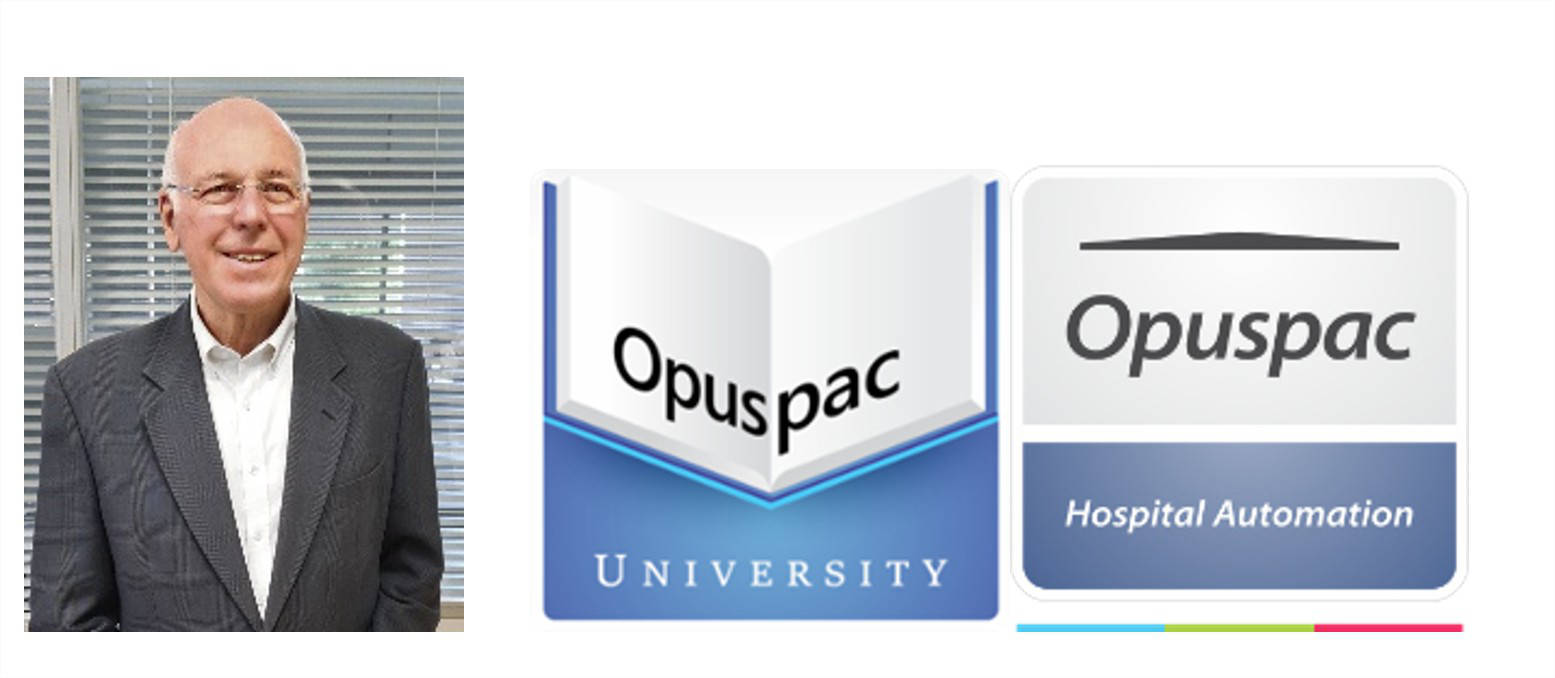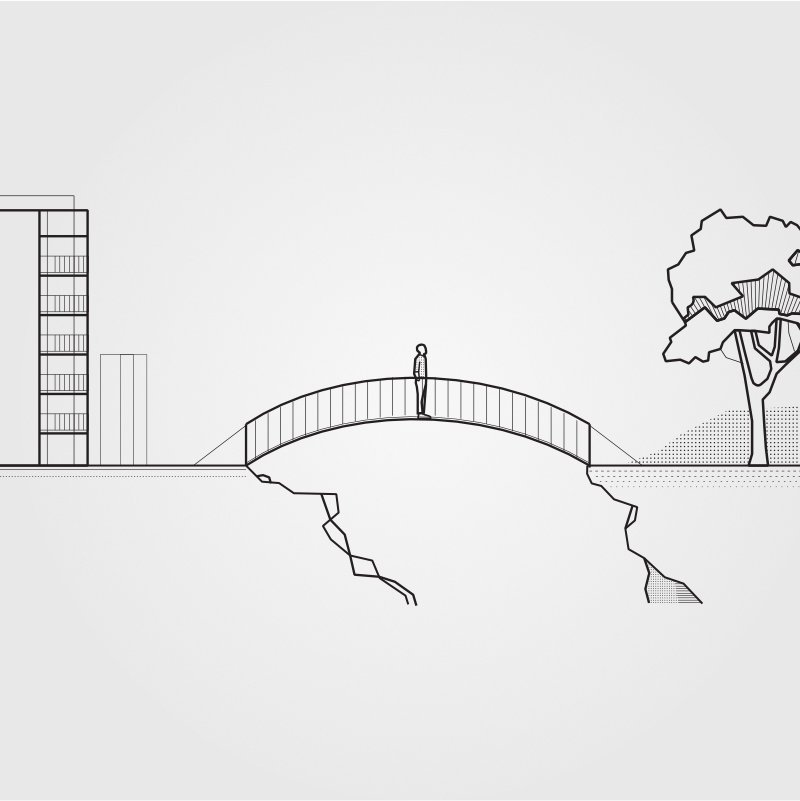To the whirlwind of changes due to new technologies, a new perception of reality is now added.
A change within another forces us to reconceptualize and simplify reality.
We are standing on a bridge, leaving the past and heading towards a very different future. The gravitational force of changes is consolidated with greater transparency, the product of six billion people with a smartphone and access to a lot of unfiltered information.
Now, we know that there are black swans (unexpected and unusual events). Hopefully, this will help us deal with the no minor challenge of “global warming.” This is the positive side of the COVID pandemic.
Coming out of the pandemic in 2022 or 23, we will have to focus on:
NEW PERCEPTION OF REALITY
This period of quarantine and greater introspection induces us to a more reflective existence. Faced with the inevitability of death, the meaning of life reappears. Wanting to leave the city and have a remote job is not all the change we will see. We still don’t know what people will want. We will have to observe, measure and form new criteria. Nothing less than a new ethic will be created.
On the other hand, new needs will appear and with it, new opportunities and business models necessary to maintain the economic rationality of our organizations. We will be able to analyze new differential services in hospitals, which can be offered with an “up selling” to current services, covered by public or private health insurance. Reducing waste and increasing automation of operations will also help our economy.
The consequences. It is nothing new that we have and we will have a tsunami of psychological disorders, anxiety, depression, loss heartache, etc. As health is a term that refers to a state of well-being and not just the lack of illness, we would have to expand and improve services. Communication is a very important issue. On the other hand, it is not surprising that before the pandemic there were already hospitals in Europe together with gyms and health advice centers.
HUMAN RESOURCES
When this happens, many people will reevaluate their lives and the nature of their work. There will be more complaints and they should be interpreted as trends and not individual attitudes. We consider that the hospital has to be a more capital-intensive activity. Fewer people, but more skilled, to carry out complex operations, with equipment and technology was already a trend that has now accelerated. This will help us retain our most valuable staff. Working on these issues from the angle of a new Corporate Culture will be the key to accompany this stage.
SOCIAL RESPONSIBILITY AND ECOLOGY
These issues will be added to the usual responsibilities, with a significant emphasis in Ecology. The incidence of CO2 emissions in the health sector is 4.5% of all global emissions. The impact of cars for public transportation is 9%. If we take into account the great change initiated by the transport sector, we have to accept that, although it will take a long time, there will also be a great change in the hospital sector.
Peter Drucker says that:
“Culture Eats Strategy for Breakfast”

In other words, the changes to be made and their strategies must be firmly grounded from a post-pandemic culture or they will not advance. Initiating an internal dialogue in our institutions to create this Culture, starting from zero, with new concepts is today’s task. We continue to live in exponential times, now accelerated.

Victor Basso
Director Opuspac Ltda.
Opuspac University













